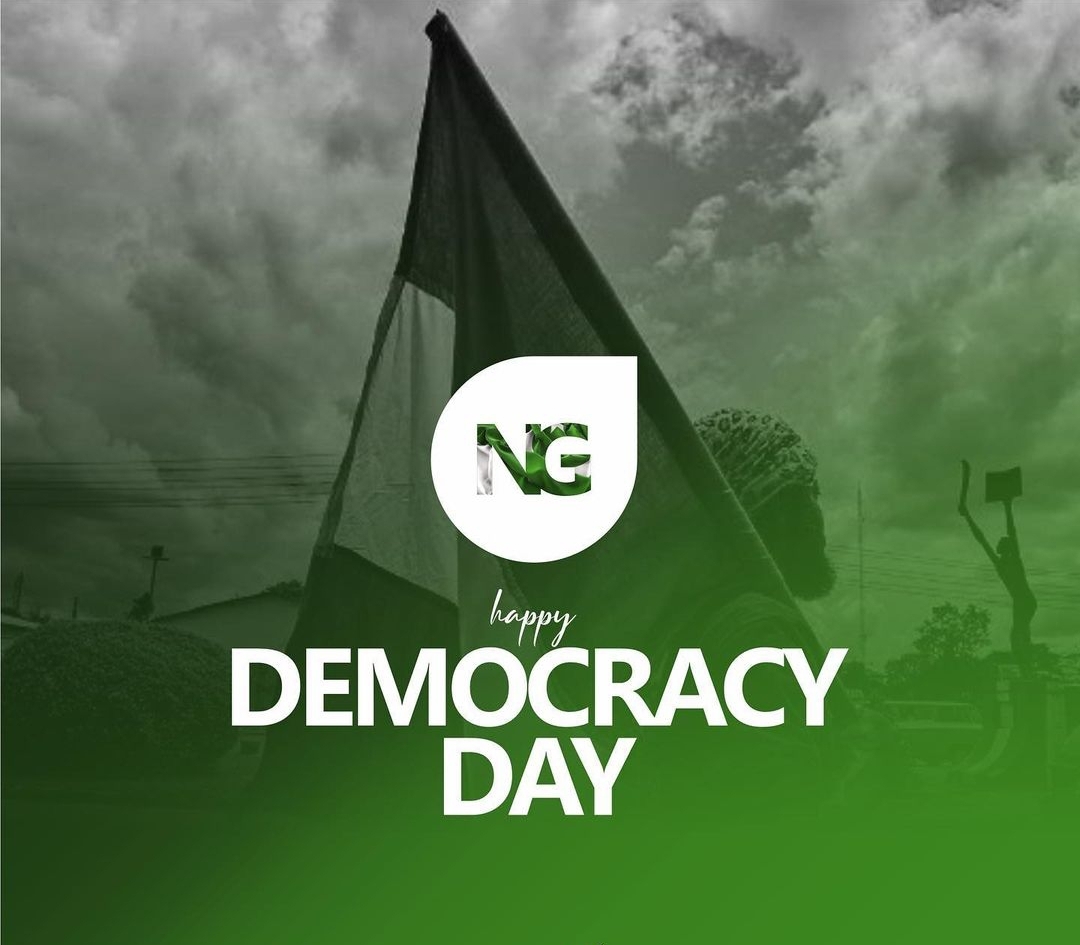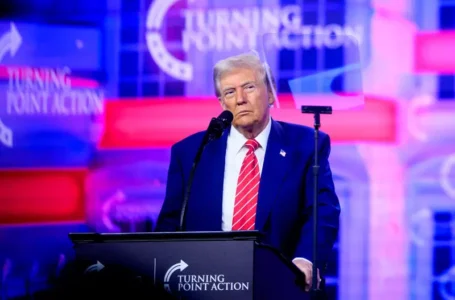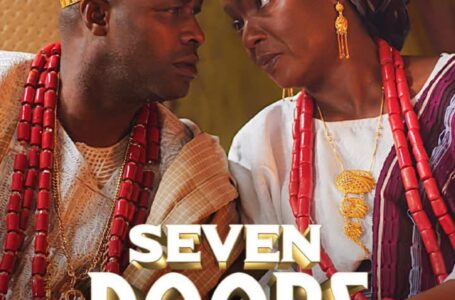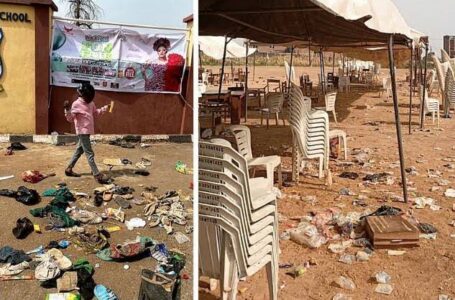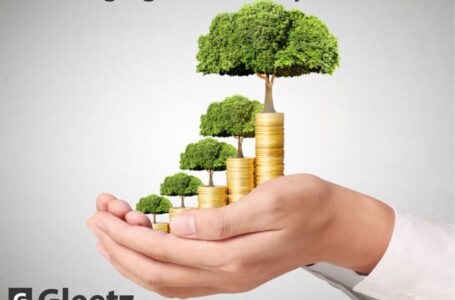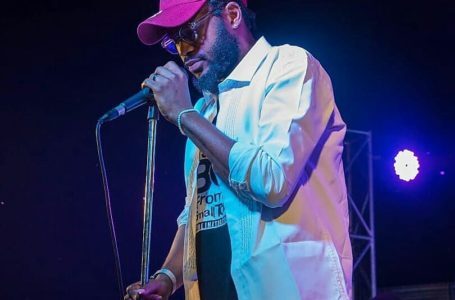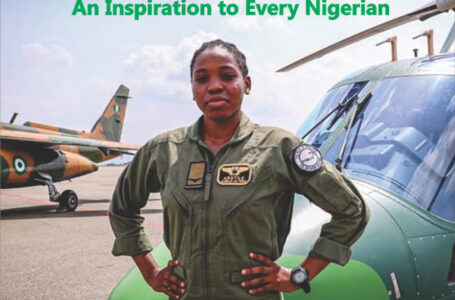Former US President Donald Trump Shot But Escapes Assassination Attempt
Democracy in Nigeria has experienced a transformative journey, marked by significant milestones and ongoing challenges. As one of Africa’s largest and most vibrant nations, Nigeria’s pop culture landscape reflects the country’s complex relationship with democratic ideals.
Nollywood, Nigeria’s thriving film industry, has produced a plethora of movies exploring democratic themes. Films like “October 1” and “The Meeting” delve into political corruption and the struggle for good governance, shedding light on the challenges faced by Nigerian society.
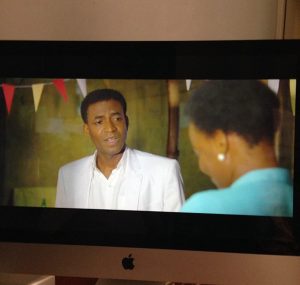
Musicians, such as Fela Kuti and Burna Boy, have used their platforms to address social and political issues, advocating for democratic principles and holding leaders accountable. Their music resonates with audiences, igniting conversations about democracy, inequality, and the importance of active citizenship.
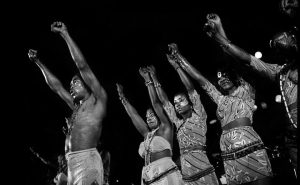
Literature has also played a crucial role in capturing Nigeria’s democratic narrative. Works like Chinua Achebe’s “A Man of the People” and Chimamanda Ngozi Adichie’s “Half of a Yellow Sun” delve into the complexities of power, politics, and the struggles for democracy in the country.
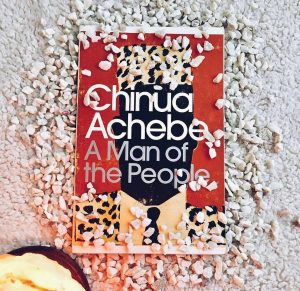
While Nigeria has made progress in consolidating democratic institutions, challenges persist, including corruption, voter apathy, and ethno-religious tensions. However, pop culture serves as a catalyst for change, raising awareness, and inspiring collective action.
Democracy in Nigeria’s pop culture reflects the country’s dynamic spirit, fostering dialogue, and encouraging citizens to actively participate in shaping their nation’s future. By highlighting both the successes and the ongoing challenges, pop culture in Nigeria showcases the resilience and determination of its people to uphold democratic values and build a more inclusive society.


